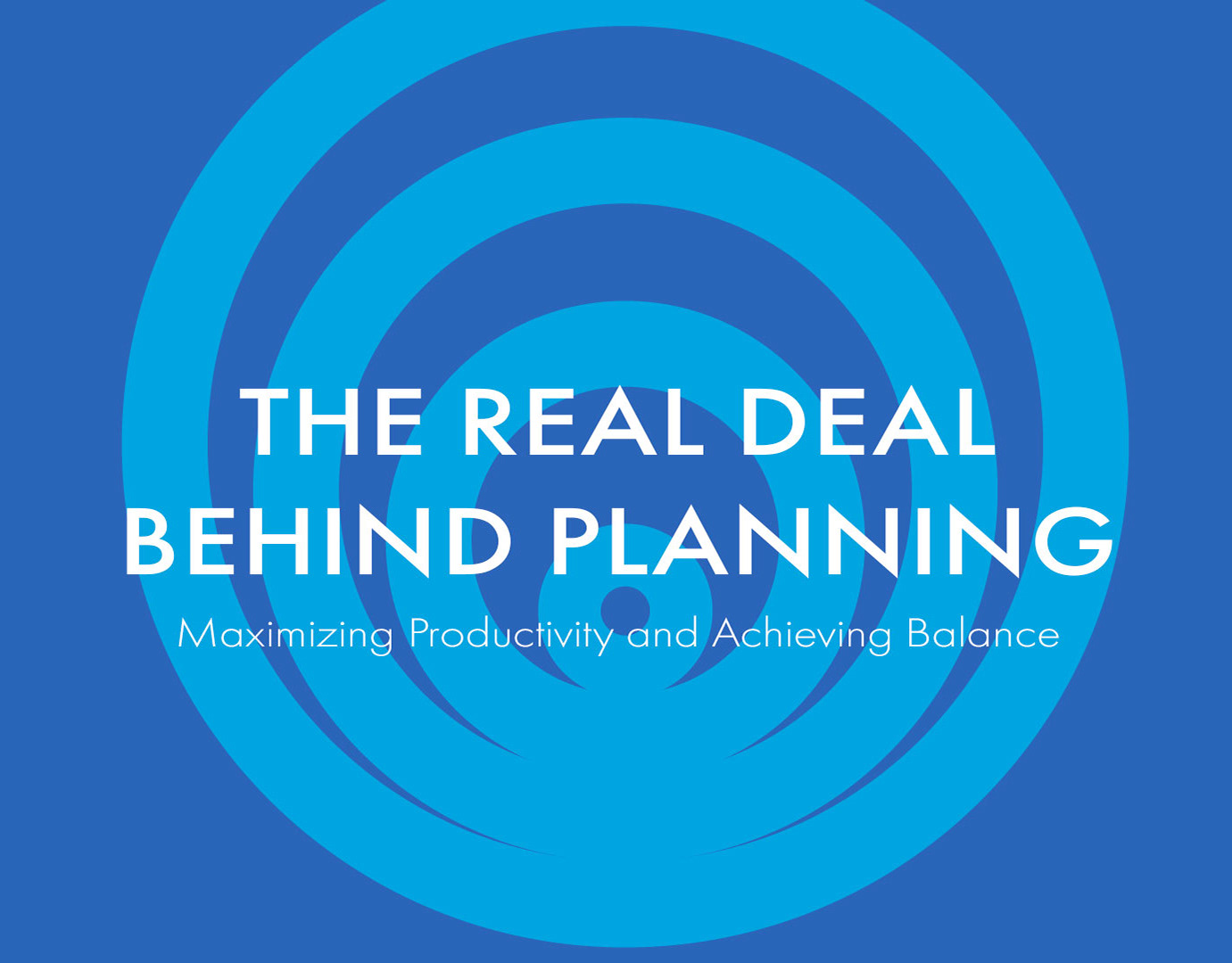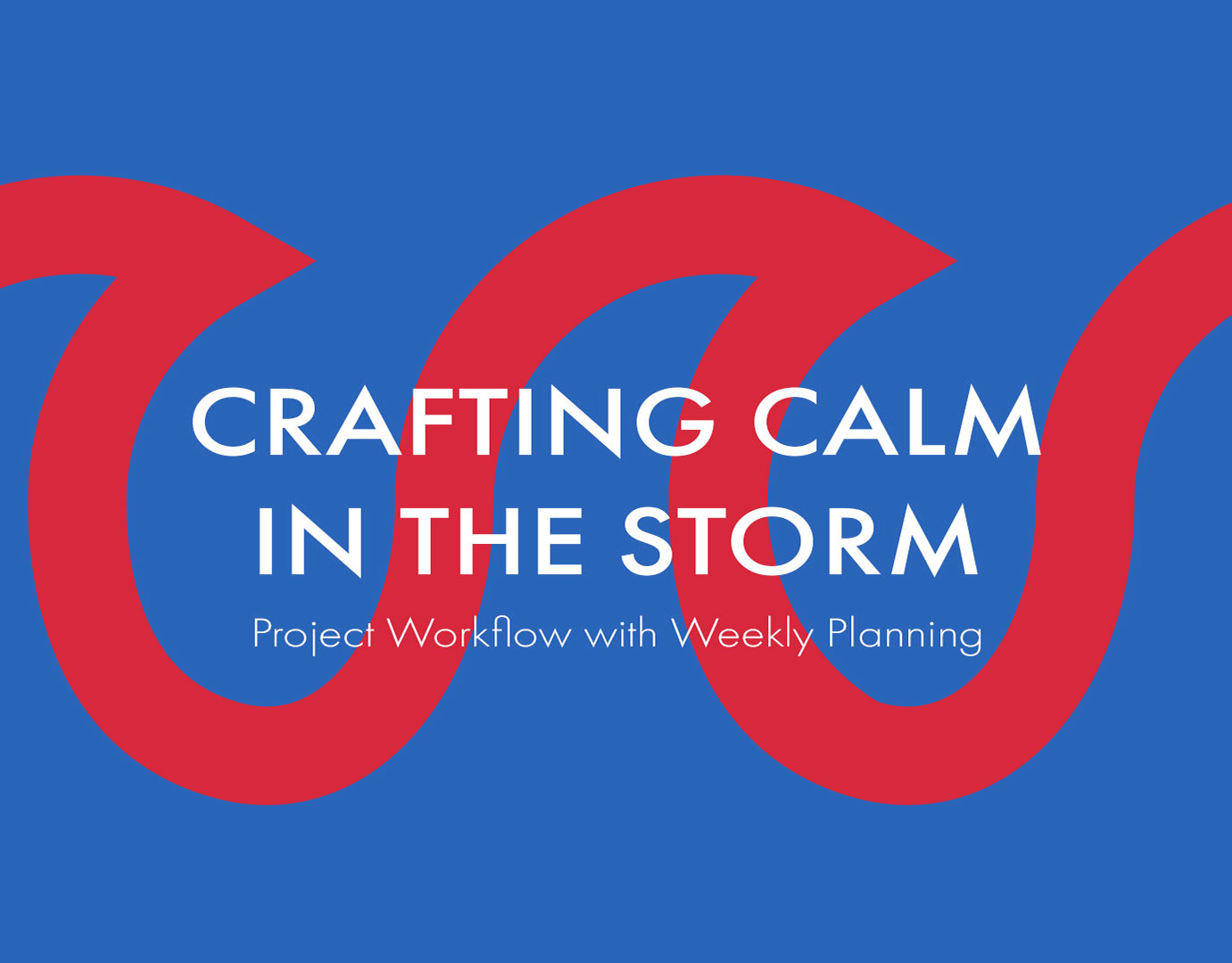In the complex ballet of project management, where every day presents a new set of challenges and tasks, finding a rhythm that promotes efficiency and focus can be transformative. Enter the concept of thematic days—a strategic approach to weekly planning that allocates specific themes or focus areas to each day, enabling project managers to dive deeper and produce more impactful work.
Thematic days are about assigning a clear focus to each day of the week, such as dedicating Mondays to planning, Tuesdays to team collaboration, and so forth. This method goes beyond traditional task listing, creating a structured environment where similar activities are grouped, reducing context switching and fostering a deeper level of engagement and productivity.
The transition to thematic days begins with a clear understanding of your project's phases, priorities, and the rhythm of your team's work life. It might look like this:
Milestone Mondays:
Start the week by setting goals, reviewing upcoming milestones, and laying out the week's roadmap.
Teamwork Tuesdays:
Focus on collaboration, hold team meetings, and brainstorming sessions to fuel project momentum.
Workflow Wednesdays:
Dedicate this day to deep work—tackling the most challenging tasks that require undivided attention.
Touchpoint Thursdays:
Use this day for client check-ins, stakeholder updates, and adjusting project trajectories based on feedback.
Flex Fridays:
Reserve for wrapping up, administrative tasks, or buffer time for unexpected tasks, keeping the day relatively light to ease into the weekend.
Adopting thematic days can significantly enhance a project manager's effectiveness. It ensures that critical aspects of project management receive dedicated attention, improving task quality and team cohesion. Moreover, it provides a predictable structure that can help reduce decision fatigue and increase overall project team morale.
While thematic days provide a structure, they’re not set in stone. The most effective project managers remain adaptable, ready to shift themes as project demands evolve. It's about finding the balance between a consistent routine and the flexibility to respond to the project's dynamic nature.
End each week with a review of what the thematic approach has achieved. Assess the progress made in each theme, gather feedback from the team, and adjust the themes as needed. This reflection ensures that the thematic planning method continuously evolves to meet the project's and team's needs.
In the realm of project management, thematic days offer a structured yet flexible approach to weekly planning, ensuring that every aspect of the project receives the focused attention it deserves.
As you consider integrating thematic days into your planning routine, think about how this approach can streamline your project workflows and elevate your team’s productivity.








